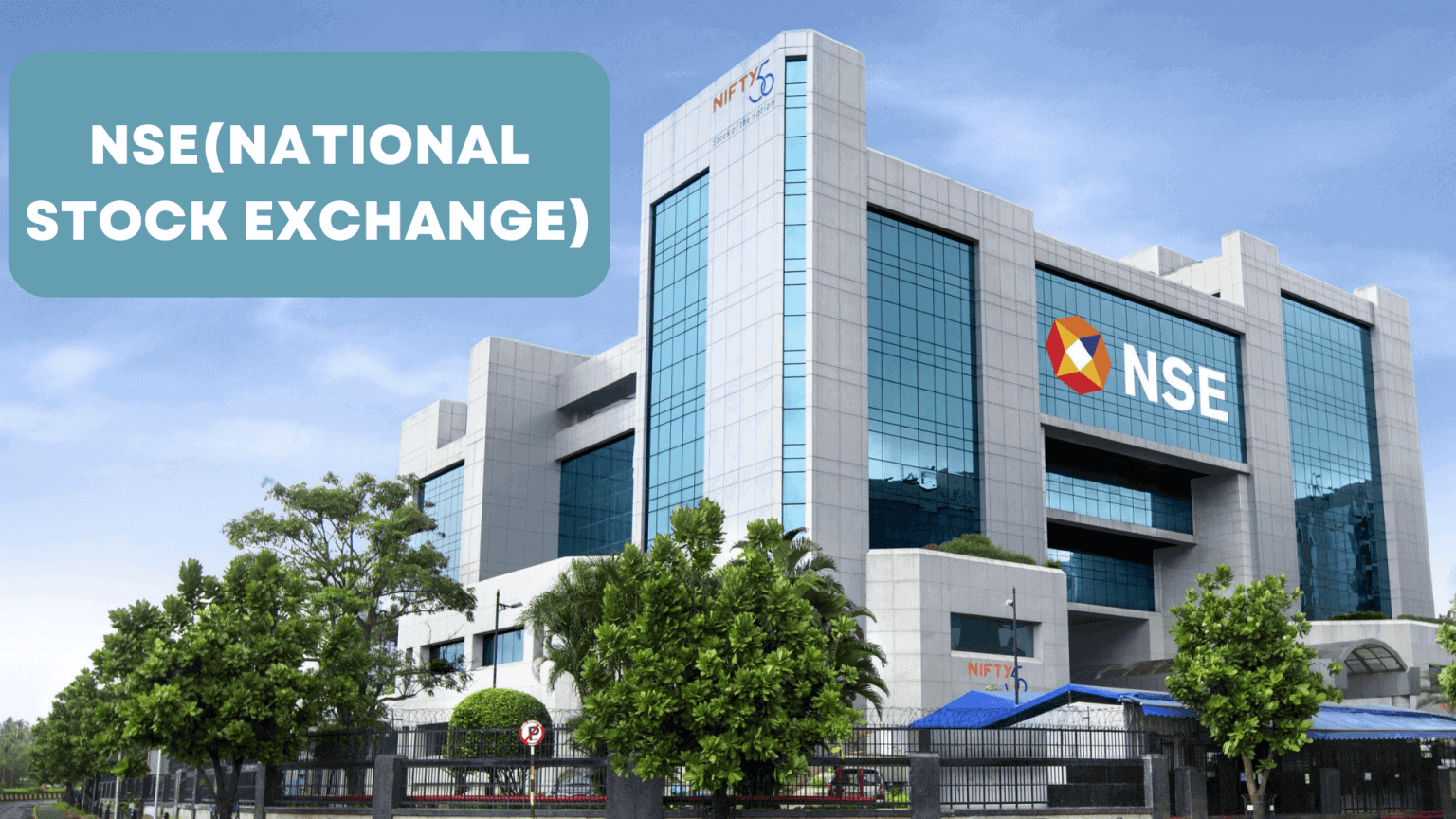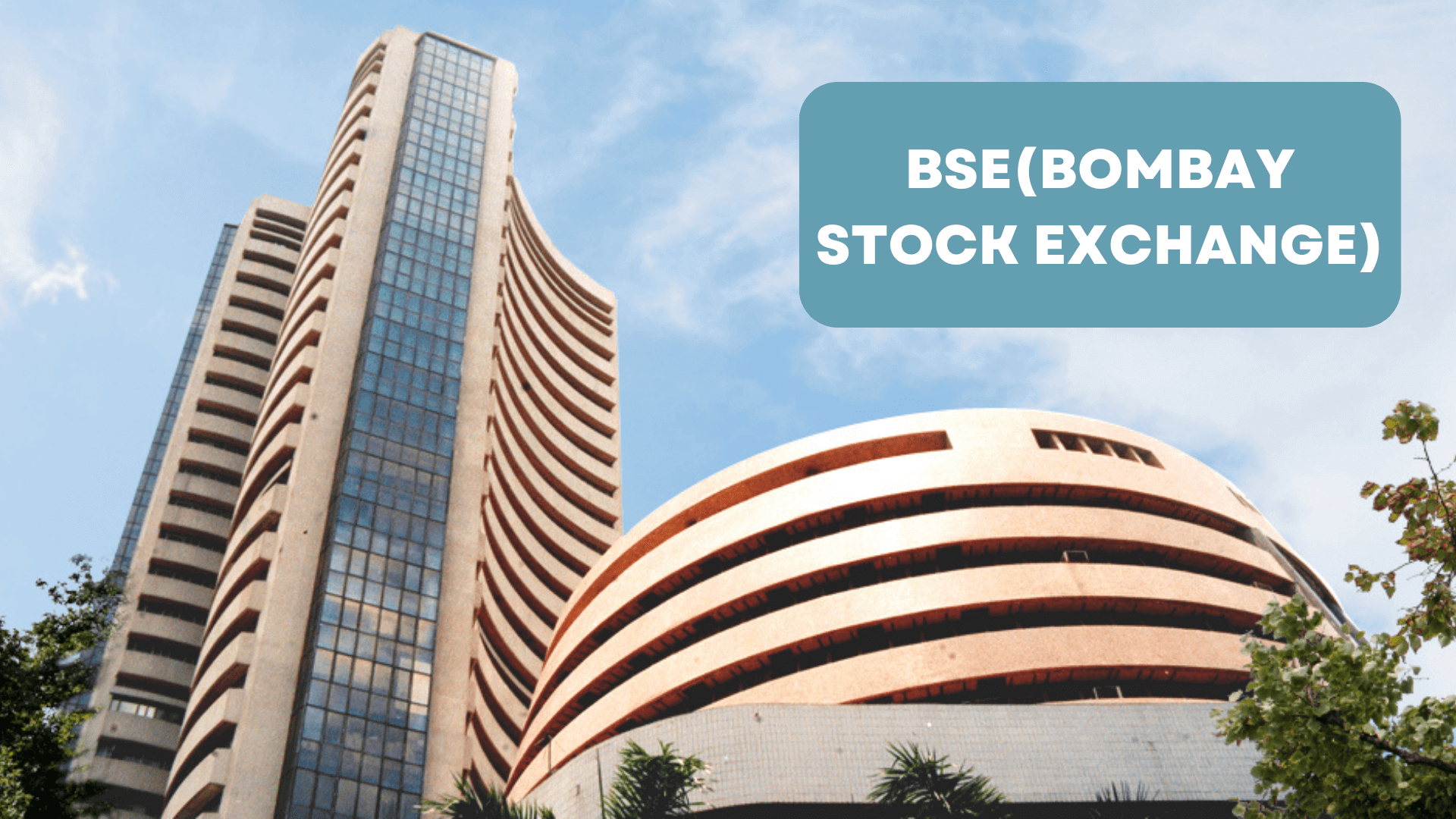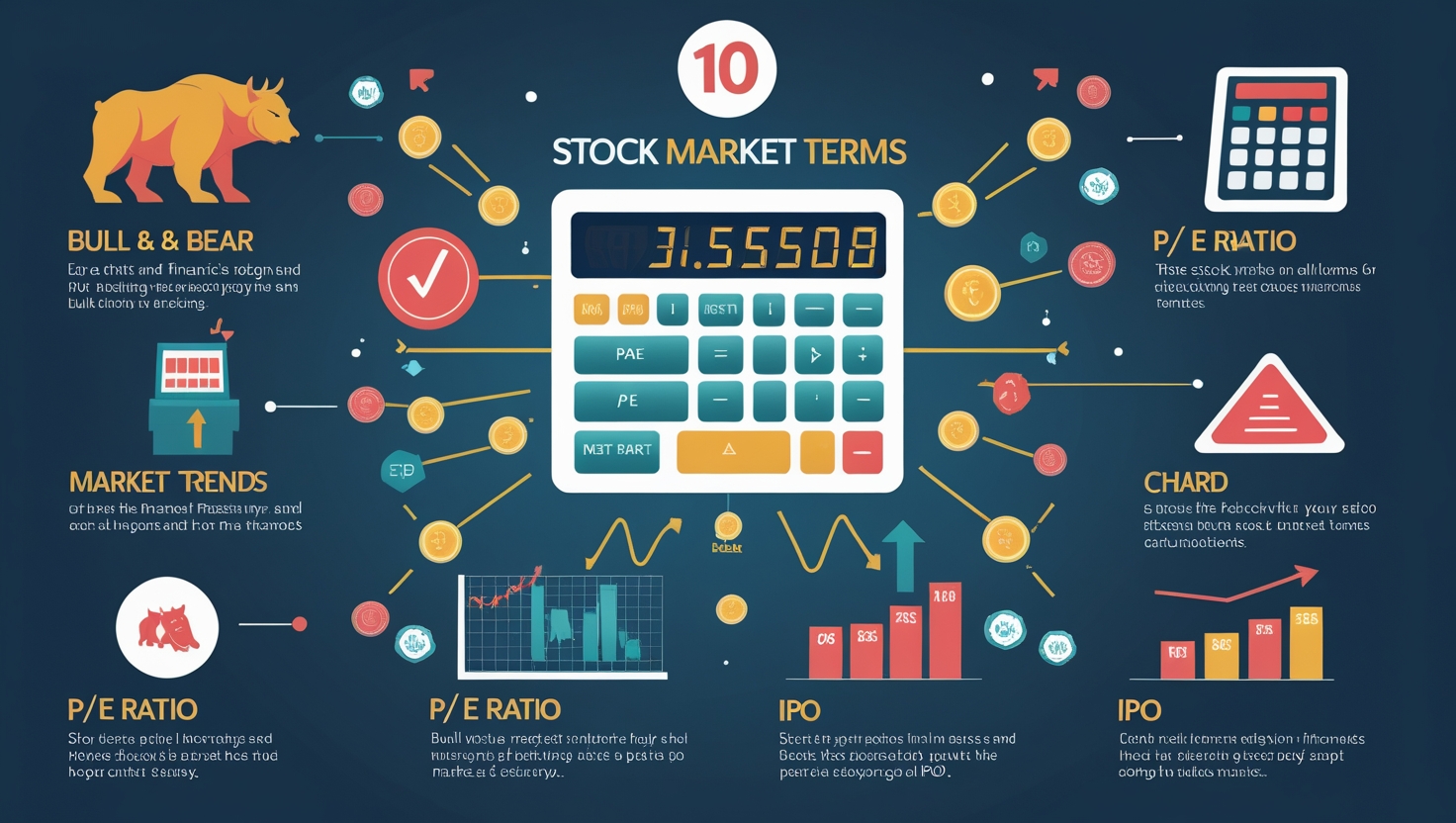🌍 Introduction: Understanding Foreign Investment Trends in India The Indian stock market has become a hotspot for global investors, especially Foreign Institutional
📈 Introduction: Best Stock Picks for This Week Are you looking for recommendations for stocks to buy this week? With market trends
📈 Introduction: Why Market Volatility Matters for Investors Investment strategies amid market volatility Stock market volatility can be stressful for investors, causing
📈 Introduction: Why Understanding Stock Market Terms is Crucial Stock market terminology If you’re new to the stock market, you’ve likely heard
📈 Introduction: Which Stocks Are Leading & Lagging This Month? The Indian stock market is constantly changing, with some stocks hitting record
🏦 Introduction: Why Is SEBI Reviewing Conflict of Interest Rules? The Securities and Exchange Board of India (SEBI) is responsible for ensuring
What They Say
NSE(National Stock Exchange)
The National Stock Exchange (NSE) is an electronic stock exchange located in Mumbai, India. It is the first electronic stock exchange in India and has been operating since 1994. Today, it is one of the fastest-growing stock exchanges in the world and offers a wide range of financial instruments, including equities, derivatives, currencies, and bonds.
The NSE operates under the regulatory framework of the Securities and Exchange Board of India (SEBI) and other regulatory bodies such as the Reserve Bank of India, the Ministry of Finance, and the Ministry of Corporate Affairs. Companies looking to be listed on the NSE must meet certain criteria, including a minimum net worth of INR 10 crores, a track record of regulatory compliance, and profitability for at least three years. The NSE provides a transparent, efficient, and secure trading platform for investors, contributing to the country’s economic growth.


BSE(Bombay Stock Exchange)
The Bombay Stock Exchange (BSE) is one of the oldest and largest stock exchanges in Asia, with a history dating back to 1875. BSE provides a platform for companies to raise capital and investors to invest in a wide range of securities, including stocks, bonds, and derivatives. BSE has strict disclosure requirements for companies listed on the exchange, which ensures transparency in the market and helps investors make informed investment decisions.
Investing in BSE carries risk, but it also provides opportunities for investors to generate wealth over the long term. By following a disciplined approach and investing in financially sound and well-governed companies, investors can potentially achieve their financial goals. To invest in BSE, investors need to open a trading account with a broker who is a member of the exchange. BSE’s trading hours are from Monday to Friday, except for public holidays, and the exchange remains closed on Saturdays and Sundays.
Overall, BSE plays a crucial role in the Indian economy, providing a platform for companies to raise capital and investors to invest in a wide range of securities. With its rich history and strict listing requirements, BSE ensures transparency in the market and helps investors make informed investment decisions. Despite the risks involved, investing in BSE can potentially help investors achieve their financial goals over the long term.






